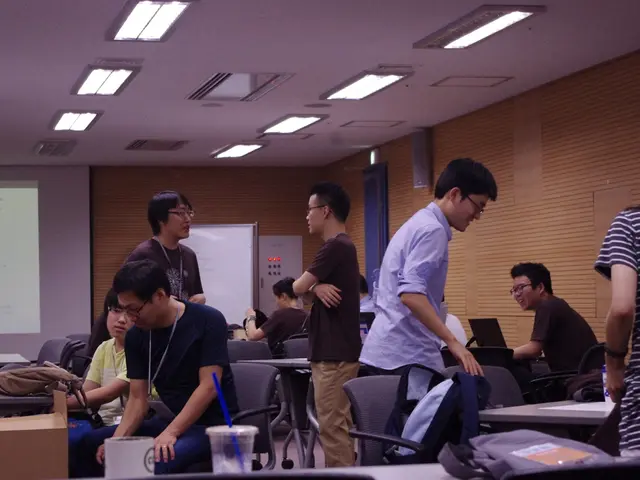Merz and Erdogan Agree on Migration, Defense Cooperation in Ankara Talks
German Chancellor Friedrich Merz and Turkish President Tayyip Erdogan held talks in Ankara, focusing on migration, economic ties, and defense cooperation. The leaders agreed on steps to address key issues, including the repatriation of failed asylum seekers and joint defense projects.
Merz and Erdogan discussed migration, agreeing to work together to repatriate failed asylum seekers. The German Chancellor views Turkey as a close partner to the EU and aims to strengthen bilateral economic relations, particularly in the transport sector.
Erdogan emphasized the need to overcome procurement issues and focus on collaborative projects in the defense industry. The leaders discussed joint defense industry projects, given the changing security conditions in Europe. The German government supports cooperation with Turkey in this sector, as seen in the recent agreement for a billion-euro deal involving the supply of 20 Eurofighter combat jets. More joint projects are nearing completion.
During the talks, Erdogan criticized Germany's stance on Israel's actions in Gaza, accusing it of ignoring 'genocide' and famine. He stated that Israel possesses nuclear and other weapons, while Palestinian militant group Hamas does not. Erdogan condemned Israel's recent attacks on Gaza despite a ceasefire and called for international action to end the crisis.
Merz and Erdogan's talks resulted in agreements on migration and defense cooperation. They aim to strengthen economic ties, particularly in the transport and defense sectors. Erdogan's criticism of Germany's stance on Israel's actions in Gaza was also discussed during the meeting.
Read also:
- American teenagers taking up farming roles previously filled by immigrants, a concept revisited from 1965's labor market shift.
- Weekly affairs in the German Federal Parliament (Bundestag)
- Landslide claims seven lives, injures six individuals while they work to restore a water channel in the northern region of Pakistan
- Escalating conflict in Sudan has prompted the United Nations to announce a critical gender crisis, highlighting the disproportionate impact of the ongoing violence on women and girls.







